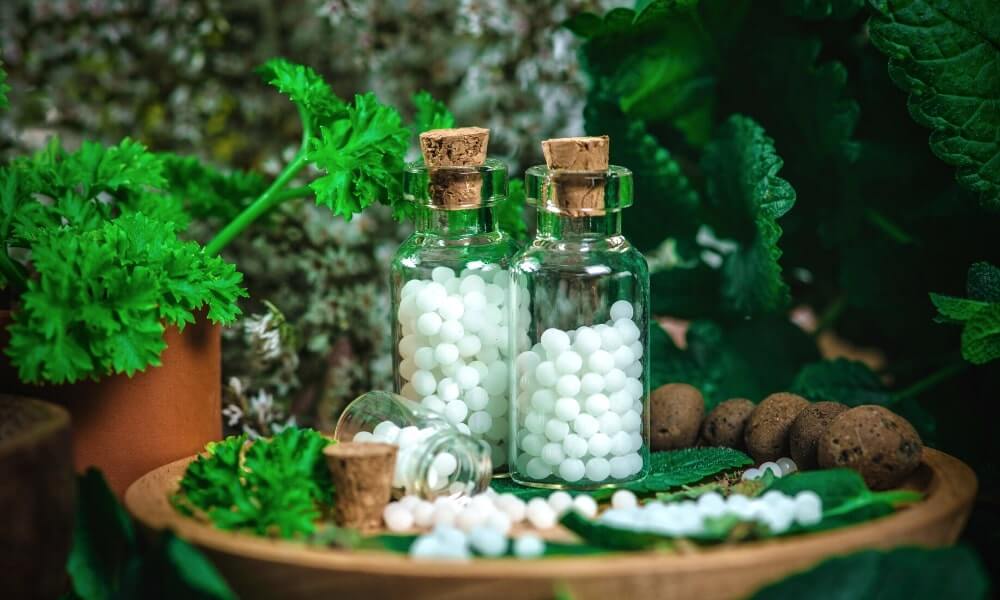Maintaining youth and vitality has been a quest throughout human history. People have always sought ways to preserve their youthful appearance and energy, from ancient remedies to modern science. Among the many biological factors that influence ageing, one stands out for its powerful effects on the body.
Growth hormone is a peptide hormone produced by the pituitary gland, a small organ located at the base of the brain. This tiny gland releases HGH into the bloodstream, which travels throughout the body, stimulating growth, cell reproduction, and regeneration. HGH plays a crucial role in physical development during childhood and adolescence, helping children grow taller and develop properly.
HGH and age-related changes
As we age, our natural HGH production gradually declines. This decline typically begins in our 20s and continues throughout adulthood. By the time we reach our 60s, HGH production may be only a fraction of what it was during our youth. This reduction in HGH levels coincides with many changes we associate with ageing:
- Decreased muscle mass and increased body fat
- A reduction in bone density and a higher fracture risk
- Thinner, less elastic skin and formation of wrinkles
- Decreased energy levels and physical capacity
- Slower healing and recovery from injuries
These age-related changes help explain why HGH has earned its reputation as a “youth hormone.” When HGH levels are robust, the body maintains many characteristics of youth. As levels decline, the visible and internal signs of ageing become more prominent.
Many health enthusiasts find quality information about hormonal balance at hilmabiocare.shop when researching how to maintain optimal health. The site offers educational content about hormone function and balance without promoting specific products.
Balancing act optimal versus excessive HGH
Despite its benefits, more HGH isn’t always better. The body works best with balanced hormone levels. Too little HGH can lead to decreased muscle mass, increased fat, and other signs of ageing. However, excess HGH can cause different problems, including joint pain, fluid retention, and insulin resistance. The goal isn’t maximizing HGH but maintaining optimal levels appropriate for healthy ageing. This balance supports vitality without triggering harmful side effects.
Natural ways to support healthy HGH levels
The body regulates HGH production based on various factors, including:
- Sleep quality and duration
- Physical activity, particularly high-intensity exercise
- Nutrition and body composition
- Stress management
- Overall health status
Many people can support their natural HGH production by addressing these factors through lifestyle choices. Getting adequate sleep is particularly important, as the body releases most of its HGH during deep sleep cycles.
Bigger picture of hormonal health
While HGH gets attention for its youth-preserving qualities, it’s just one part of a complex hormonal system. HGH works alongside other hormones like testosterone, estrogen, and insulin, all interacting to regulate bodily functions. Focusing exclusively on HGH without considering other hormones give an incomplete picture. Proper hormonal health involves balance across all systems, supporting overall well-being rather than isolating single hormones.
When viewed this way, HGH becomes not just a “fountain of youth” but an essential component of healthy ageing. Its role in maintaining muscle mass, skin elasticity, and energy levels makes it a centrepiece in discussions about preserving vitality throughout life.


